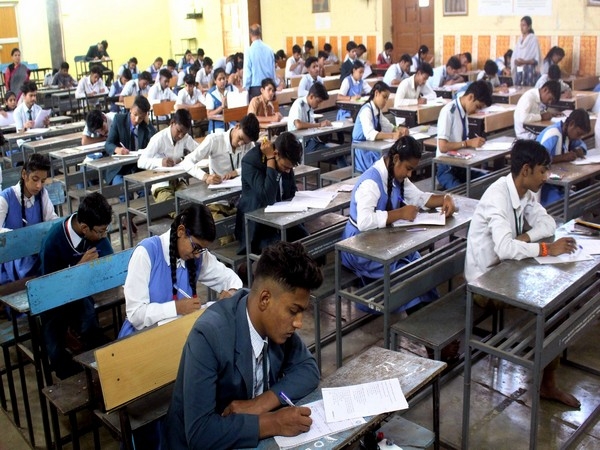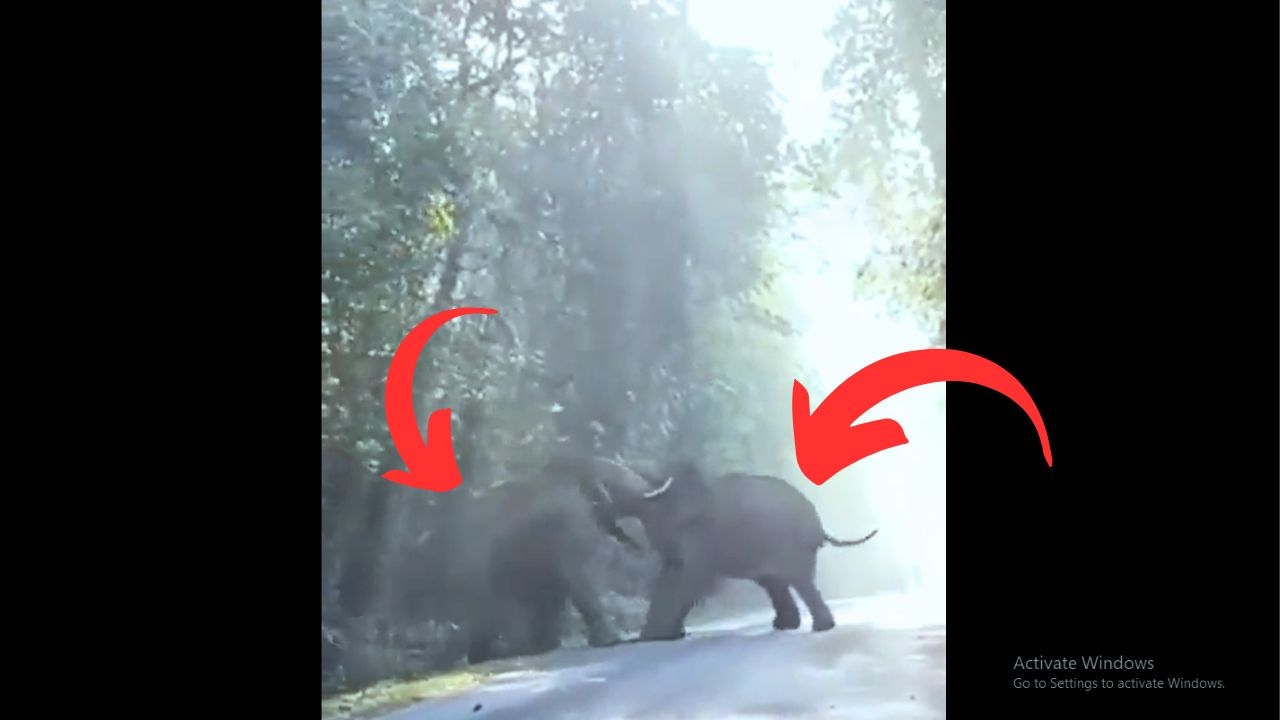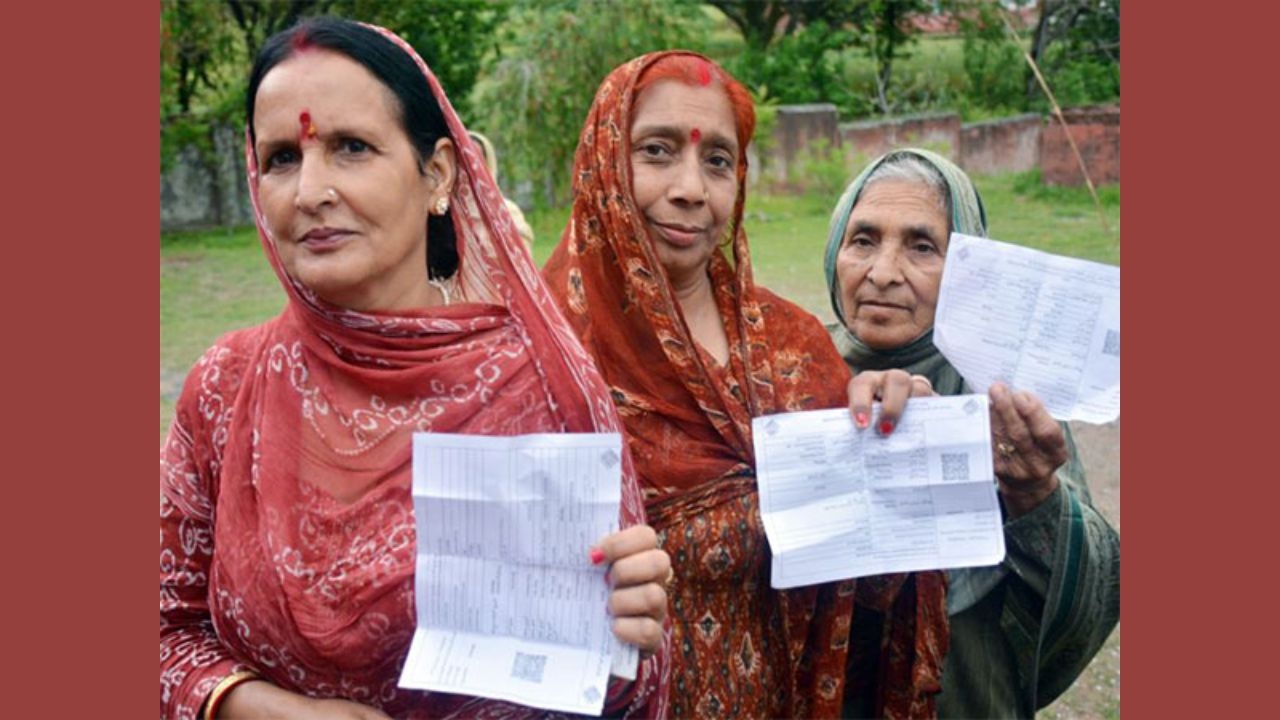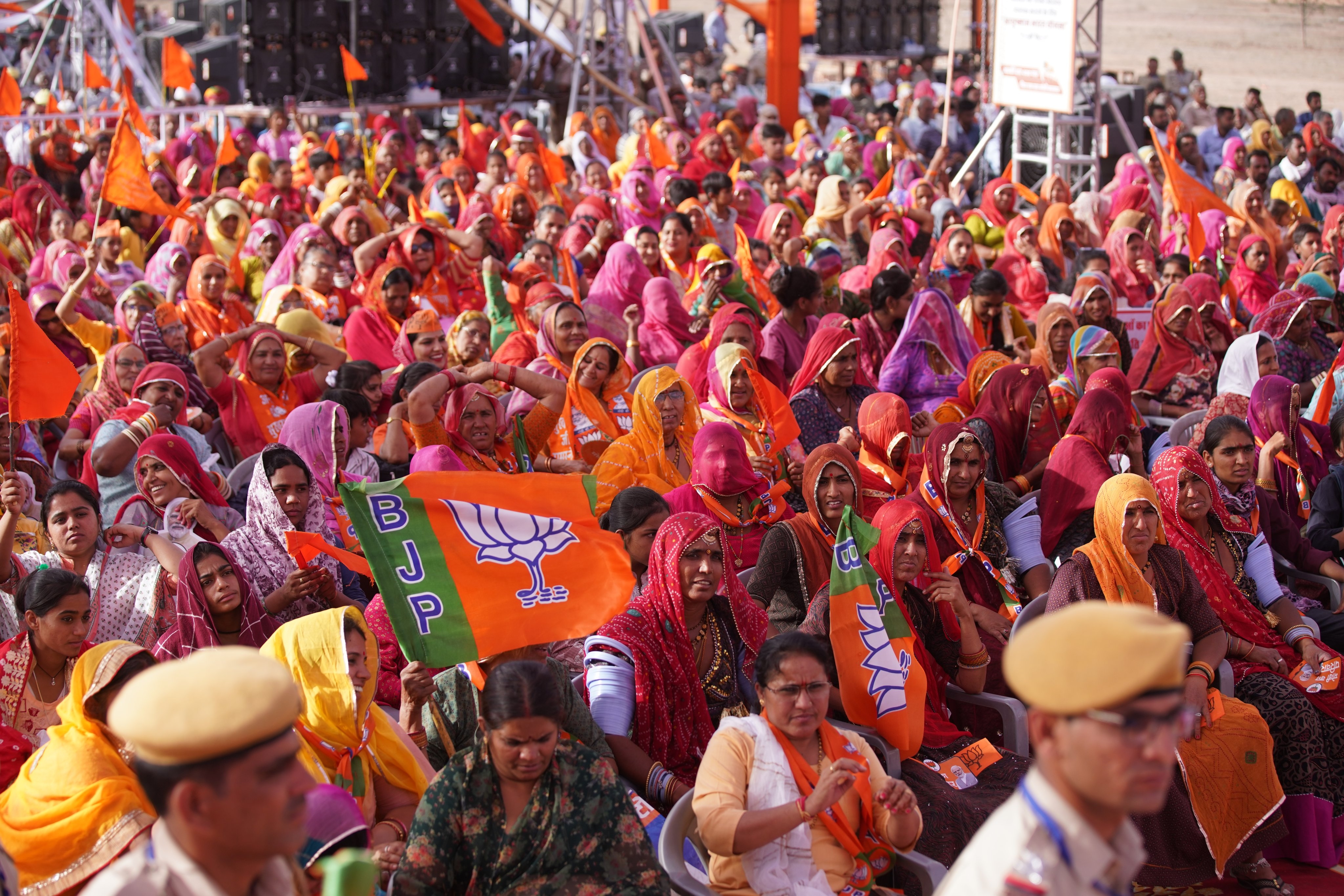Kulbhushan Jadhav meets family in a farcical PR exercise by Pakistan
_93450_730x419-m.jpg)
After 22 months of his arrest in Pakistan, businessman and former Naval officer Kulbhushan Jadhav met his family at the Foreign Office in Islamabad on Monday. A Pakistani Army court has sentenced Jadhav to death on charges of espionage, terrorism and subversion, a charge which India strongly denies.
It was a heavily choreographed event in which Jadhav’s mother Avantika Jadhav and wife Chetana Jadhav, met him at a specially designed room at the foreign office. They spoke to him for around 40 minutes over intercom with a glass partition in between as India’s Deputy High Commissioner in Islamabad JP Singh watched from another enclosure. The meeting was extended to 40 minutes from the stipulated 30 minutes after a request by Jadhav’s family. Jadhav wore a blue suit.
The conversation was recorded by the Pakistani officials as per reports in the Pakistani media.
After the meeting ended, the family and Deputy High Commissioner Singh went away in a Toyota Landcruiser with other security vehicles in tow. They did not speak to the press, even as Pakistani media played up the meeting the entire day with live coverage, despite it being a national holiday. December 25, the birthday of Mohammad Ali Jinnah is celebrated as Quaid-e-Azam day.
The build-up
India has been requesting consular access since Jadhav’s arrest last year, citing violation of the Vienna Convention. Later, External Affairs Minister had expressed anguish how Pakistan was sitting on the visa request by Jadhav’s mother, who wanted to meet her son.
It was in November that Pakistan finally decided that it will allow Jadhav’s wife to meet him. India had then requested that an Indian diplomat, too, be allowed to accompany her. The request for a meeting with the mother had been pending since April 2017.
Yesterday, Pakistani foreign minister Khwaja Asif created confusion when in an interview he stated that Pakistan had allowed consular access. The Pakistani foreign ministry clarified that there was no consular access. “We had to come at a meeting point, so we did not accept some of their (India's) conditions. There were more than 3 conditions by Indians to which we didn't agree,” Mohammad Faisal, the foreign ministry spokesperson said.
Pak’s PR exercise
After the meeting, the Pakistani Foreign Office continued with its media blitzkrieg.
Mohammad Faisal, the spokesperson of the Pakistani Foreign Office, started briefing the press with how December 25 was chosen for the ‘humanitarian meeting’ because it was an important day for Pakistan.
Then he moved on to yet another video confession of the arrested businessman where he is heard thanking the Pakistani authorities and yet again admitting to his role in several subversive activities in Pakistan. He called Jadhav the face of Indian terror in Pakistan.
The spokesperson also flashed a medical certificate, interestingly, signed by a German doctor based in Dubai, perhaps to make it look more credible. The certificate which bore the signature of Dr Johannes Nellessen said Jadhav was in good health.
India's charge
With Pakistan blocking access to Jadhav, India had often repeated how it feared for the life of the arrested businessman and how Pakistan has violated the Vienna Convention on Consular Access. Pakistan found little international support for its allegations against India riding on Jadhav’s arrest.
In May, after Pakistan confirmed that Jadhav has been sentenced to death in a Field General Court Martial proceedings and the sentence has been ratified by the Army Chief, India had moved the International Court of Justice at the Hague with an urgent petition. The original application accused Pakistan of “egregious violations of the Vienna Convention on Consular Relations”. Sensing an immediate danger to Jadhav's life, India, in a separate request, asked the court for indication of provisional measures, “pursuant to Article 41 of the Statute of the Court”. The provisional measures were granted by the Court where it said Pakistan “must take all measures at its disposal to ensure that Mr Kulbhushan Sudhir Jadhav, of Indian nationality, is not executed pending a final judgment of the court in the Jadhav Case (India v. Pakistan)”.
Since Jadhav’s arrest there have been serious questions on how he was picked up and the nature of the trial in the Pakistani army court. Indian government claims that Jadhav may have been picked up from Iran where he ran a business in Chahbahar. Timeline of the proceedings in Jadhav’s are also suspicious.
Sartaj Aziz, in an earlier interaction with the media had claimed that on 3 March Jadhav had “illegally crossed over into Pakistan from the Sarvanan border in Iran”. According to Aziz, Jadhav was found in possession of an Indian passport issued by the government of India on 12 May, 2015 and valid until 11 May, 2024 – that is a period of nine years.
Aziz also detailed how Jadhav’s confessional video statement was done on 25 March, 2016, a good three weeks after he was apprehended. And the initial FIR by the Counter Terror Department was only registered on 8 April, 2016, more than a month after he was apprehended.
Aziz then explained how the initial interrogation was done on 2 May, 2016, that is two months after he was apprehended.
However, Asim Bajwa, the then spokesperson of ISPR, has held a press conference on 29 March, claiming how Jadhav was a contact man for a senior R&AW officer, and his other operatives in Pakistan was tasked to disrupt development of CPEC, with Gwadar port as a special target, according to a report in Dawn.
Security experts raised serious questions such as if Pakistan carried out the initial interrogation only on 2 May, how could the DG ISPR come out with such claims even before Jadhav was interrogated. And this begged the question if he was kept in illegal confinement and tortured, which led to his confessional video statement on 25 March.
In India for example, even when a spy is arrested, the law demands that they be presented before a judicial magistrate within 24 hours of the arrest.
In Jadhav’s case it took more than a month to even register an initial FIR, according to Aziz’s own admission.
Moreover, Jadhav has been tried under Section 59 of the Pakistan Army Act, a draconian law which can be summarily used to shut all other judicial remedies which would otherwise be available if an accused is tried in a civilian court.
Meanwhile according to the timeline of the events given out by Aziz, Jadhav’s detailed interrogation was done on 22 May and a Joint Investigation Team was announced on 12 July, 2016.
The timeline given by Pakistani Foreign Affairs Advisor also details how a confessional statement under 164 Crpc was done on 22 July, 2016, more than four and a half months after he was apprehended on 3 March.
Aziz did not specify the contents of the confession done under Section 164 unlike the video confession of March which was telecast on TV.
He, however, claimed that Jadhav sponsored attacks in Gwadar and Turbat and other areas in Balochistan. Details of the nature of evidence which link Jadhav to these attacks was not forthcoming from Aziz. Nor did Aziz elaborate on what evidence the Pakistani security agencies have in their possession apart from Jadhav’s own confession which proved that he was still a serving officer in the Indian Navy. It is this claim that which led to his secret trial in an army court. His mercy petition is still pending.
It is also bizarre how the Field General Court Martial was carried out without the key evidence that Pakistan had sought from India. According to the version of the processes put forth by Aziz, the FGCM proceedings started on 21 September, 2016, second proceeding took place on 19 October, 2016, the third proceeding on 29 November, 2016 and the final fourth proceeding on 12 February, 2017.
Even after the meeting with the family, Mohammad Faisal said how “Jadhav has been kept in comfort here and is in excellent health. We don’t have anything to hide. This is a positive gesture from Pakistan’s side,” and how India is the one not coming clean.
“India unwilling to explain Jadhav's second passport,” he said.
Indian assistance was sought only after the third proceeding. If Indian support was important to the whole case, as Pakistani officials claim, how could the court proceed without those key witnesses and specific evidence?
First published: 25 December 2017, 22:50 IST
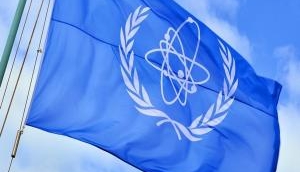
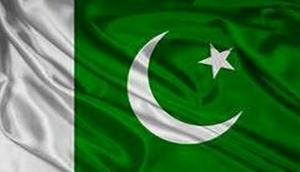
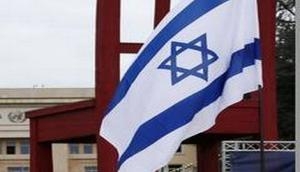
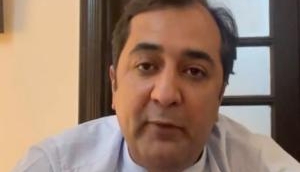
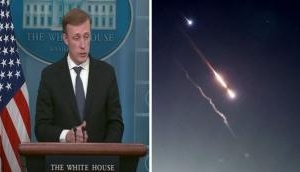
![BJP's Kapil Mishra recreates Shankar Mahadevan’s ‘Breathless’ song to highlight Delhi pollution [WATCH] BJP's Kapil Mishra recreates Shankar Mahadevan’s ‘Breathless’ song to highlight Delhi pollution [WATCH]](http://images.catchnews.com/upload/2022/11/03/kapil-mishra_240884_300x172.png)

![Anupam Kher shares pictures of his toned body on 67th birthday [MUST SEE] Anupam Kher shares pictures of his toned body on 67th birthday [MUST SEE]](http://images.catchnews.com/upload/2022/03/07/Anupam_kher_231145_300x172.jpg)


